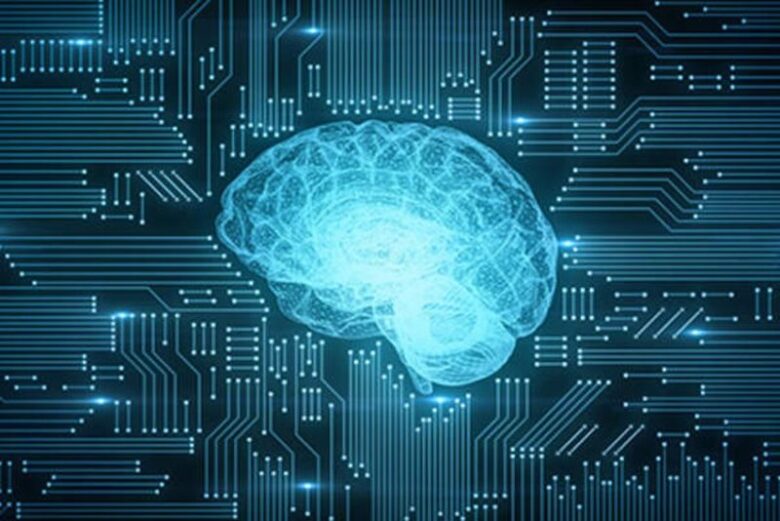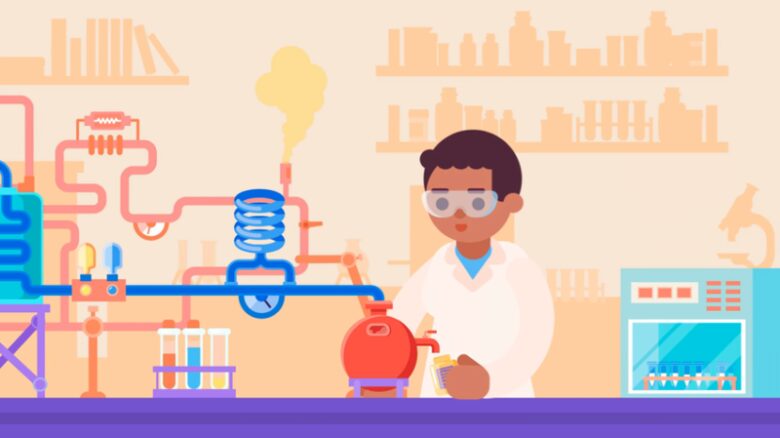We’ve seen the next step in medicine through various Hollywood movies and sci-fi novels. Namely, robotic science is quoted to be that next step. Artificial Intelligence (AI) is not something new and if we take into consideration that technology is constantly evolving, it sounds like the go-to concept.
While people struggle with access to basic healthcare, with more than 400 million having zero access to such, artificial intelligence has the potential to change all of it.

But how can AI help in modern medicine? In this article, we are going to take a look at some of the ways AI can solve modern medical problems.
AI Can Help Reduce Mortality Rate
Doctors, nurses, and surgeons alike are all practicing their trade in an environment where the margins for errors are slim. Medicine is progressive, meaning that what has once killed people now can be solved with a simple flu shot. Medicine is all about research and learning from past knowledge. Diseases have once plagued our species, but nowadays only a few pose a threat to our survival. The average lifespan of our species has increased drastically over the past few decades, even if we go hundreds of years back. Artificial Intelligence is all about machine learning. According to DoctorSpring, AI has a much greater capacity than what the human brain has, so it has much more potential of solving some of the biggest problems that modern medicine faces.

AI Can Offer Fast and Accurate Diagnostics
One of the key benefits from the use of AI is that it can deliver accurate diagnostics and much faster than what your doctor would normally. In 2016, IBM’s Watson Computer managed to diagnose within minutes that a patient was suffering from leukemia. The AI managed to do this by cross-referencing more than 20 million oncology reports to deliver fast and accurate diagnosis within minutes. In normal circumstances, it could take days before your doctor is certain about it.

AI Can Improve Quality of Life
Various studies have shown that pets and animals can decrease anxiety, reduce blood pressure, and increase social interaction. Through the use of therapeutic robots, the quality of life for elderly people can be increased significantly at elder care homes. By making therapeutic, assistive, robots in the form of pets, elderly homes can use these robots to improve their overall care for their patients.
AI Eliminates Human Error
We all know that doctors, nurses, and surgeons work pretty much overtime most of their life. By working late shifts and double shifts, the people in charge of our health can suffer from severe levels of fatigue. Fatigue leads to error, and human error is costly. Through the use of AI, we can eliminate those errors because AI doesn’t suffer from fatigue. A recently published study showed that the financial cost of human errors is estimated to be at $19.5 bln each year.

AI Might be Costly, But it Can Decrease Medical Costs
While Artificial Intelligence might be costly to implement, it can solve some of the most complex tasks in medicine. You pay for it once and then you watch as the medical costs slowly go away. AI has the potential of calculating large amounts of data within minutes. And if we add to the fact the accurate and fast diagnostics, AI can significantly lower the medical costs.



